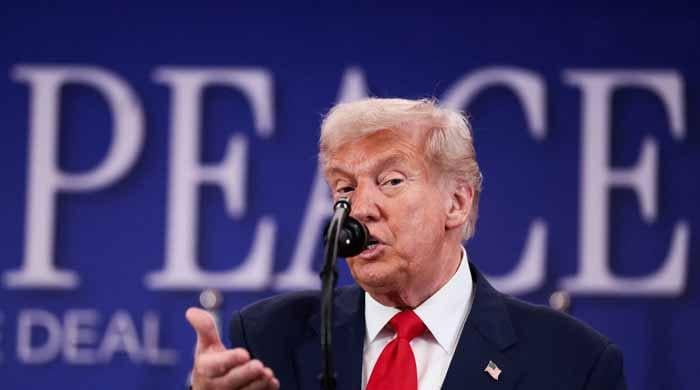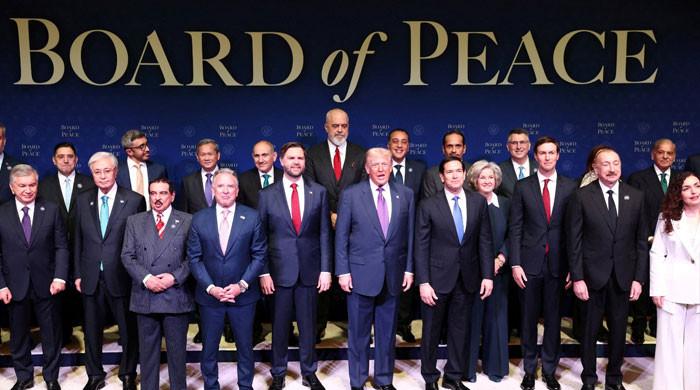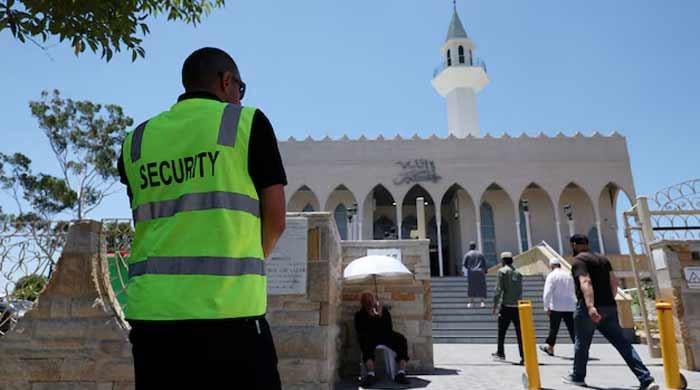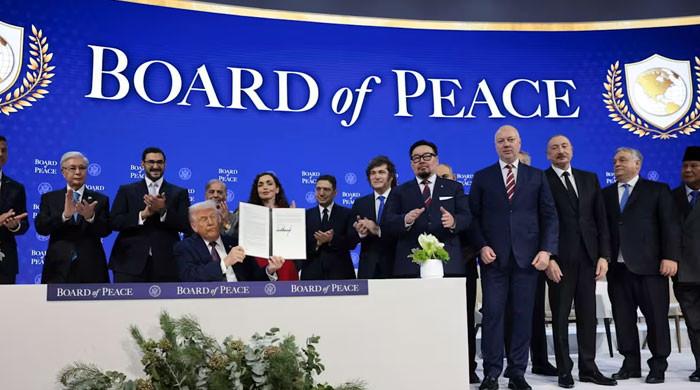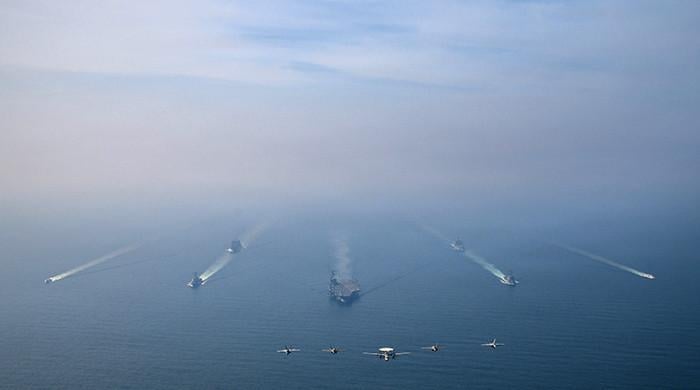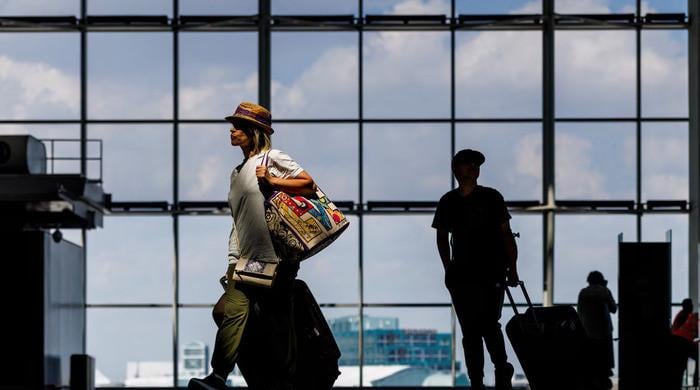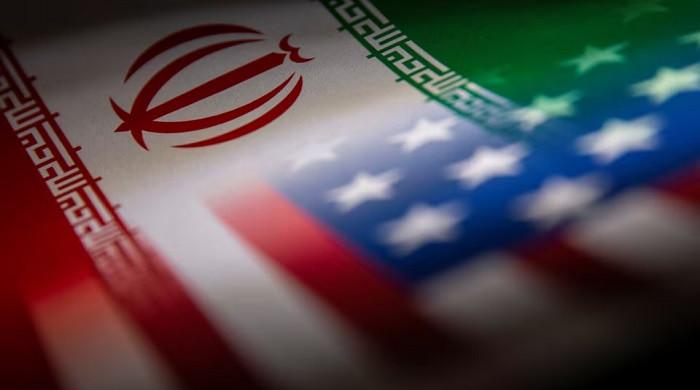Peace talks between Afghan negotiators, Taliban resume in Doha amid surge in violence
One of the negotiation team members warns that spiraling violence will increase public pressure on negotiators that could derail talks
January 06, 2021
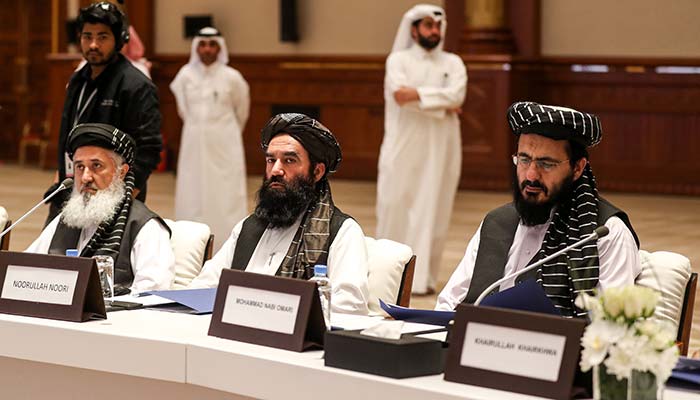
- The talks are being held amid growing doubt over a US-Taliban peace deal brokered by US President Donald Trump
- The peace talks are aimed at finding an end to decades of relentless conflict
- One of the negotiation team members warned that spiraling violence will increase public pressure on negotiators that could derail talks
Afghan negotiators are resuming talks with the Taliban in a bid to end bloodshed and find a political roadmap for the country after a spike in violence across Afghanistan threatened peace prospects, The News reported on Wednesday.
The stop-and-go talks come amid growing doubt over a US-Taliban peace deal brokered by outgoing President Donald Trump.
As ordered by Trump, an accelerated withdrawal of US troops means just 2,500 American soldiers will still be in Afghanistan when President-elect Joe Biden takes office this month.
Biden has advocated keeping a small intelligence-based presence in Afghanistan, but Taliban leaders have flatly rejected the presence of any foreign troops on Afghan soil. Officials familiar with the US-Taliban peace deal say there is no wiggle room that would allow even a small number of foreign troops to remain in Afghanistan.
Without giving specifics, a member of the government’s negotiation team, Nader Nadery, said: "The initial opportunity is that several items of the agenda are similar and would be easy to make progress on.”
Read more: Afghan peace talks to resume from tomorrow
He, however, warned that spiraling violence will increase public pressure on government negotiators that could derail talks.
On the other hand, Taliban spokesperson Mohammad Naeem maintained that the Taliban were ready for a resumption of negotiations, stressing that a ceasefire is one of the items on the agenda, without elaborating much.
However, one of the trickiest items is a power-sharing agreement between the warring sides. There is little evidence that Kabul will be willing to share power or that the Taliban will be flexible on who would be acceptable in a transitional administration.
A former Afghan government adviser, Torek Farhadi, in this regard, said the government and the Taliban are “two warring minorities,” with the Afghan people caught in-between — “one says they represent the republic, the other says we want to end foreign occupation and corruption. But the war is (only) about power.”




